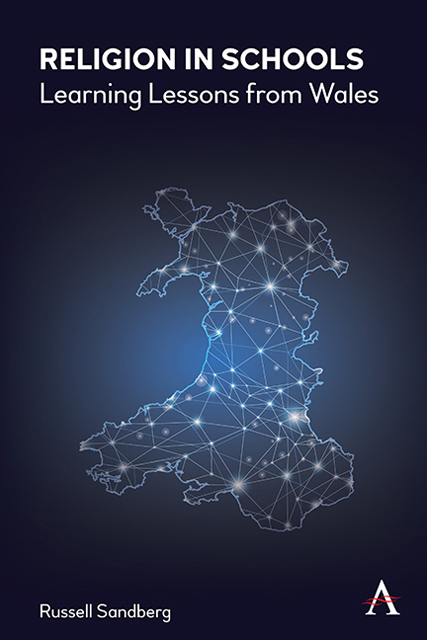Summary
The year 2020 will always be remembered as the year the Covid pandemic hit. As with other pandemics throughout history, Covid-19 has already had significant economic, social, political and legal effects. Some effects will take time before they can be seen clearly, but one significant effect of the 2020 Covid pandemic in the United Kingdom that is already visible has been the strengthening of the devolved powers in Scotland, Wales and Northern Ireland. Since health was a devolved matter, increased attention was shone on the leaders and legislators of Edinburgh, Cardiff and Belfast as the various nations of the United Kingdom dealt with Covid differently.
However, another significant change also occurred in Wales in 2020 in regard to a different devolved matter. While grappling with Covid, Wales’ politicians were also debating and legislating for a brand new curriculum for Wales’ schools. The result, the Curriculum and Assessment (Wales) Act 2021, will transform the education sector and the ways in which children will be taught. It is the most radical change for at least thirty years and is probably the most significant Act passed by the Welsh Senedd to date.
This is particularly true regarding the place of religion in schools in Wales. Previously, schools in Wales followed the same law as schools in England. Now in Wales, Religious Education will be renamed Religion, Values and Ethics. Parents will no longer have the right to opt their children out of these lessons. The way in which syllabuses will be written will change with humanist and non-religious organisations playing a greater role, with schools having more freedom and with more Wales-wide guidance. The Act's provisions will also apply to so-called faith schools in Wales: specific rules will apply to schools with a religious character to ensure that they seek to strike a balance between the schools operating in a way that, on the one hand, reflects their ethos and the rights of parents and, on the other, ensures that children receive pluralistic teaching on religion if they so wish.
This book tells the story of how Wales is transforming how religion is taught in its schools and asks what lessons can be learned.
- Type
- Chapter
- Information
- Religion in SchoolsLearning Lessons from Wales, pp. 1 - 4Publisher: Anthem PressPrint publication year: 2022



